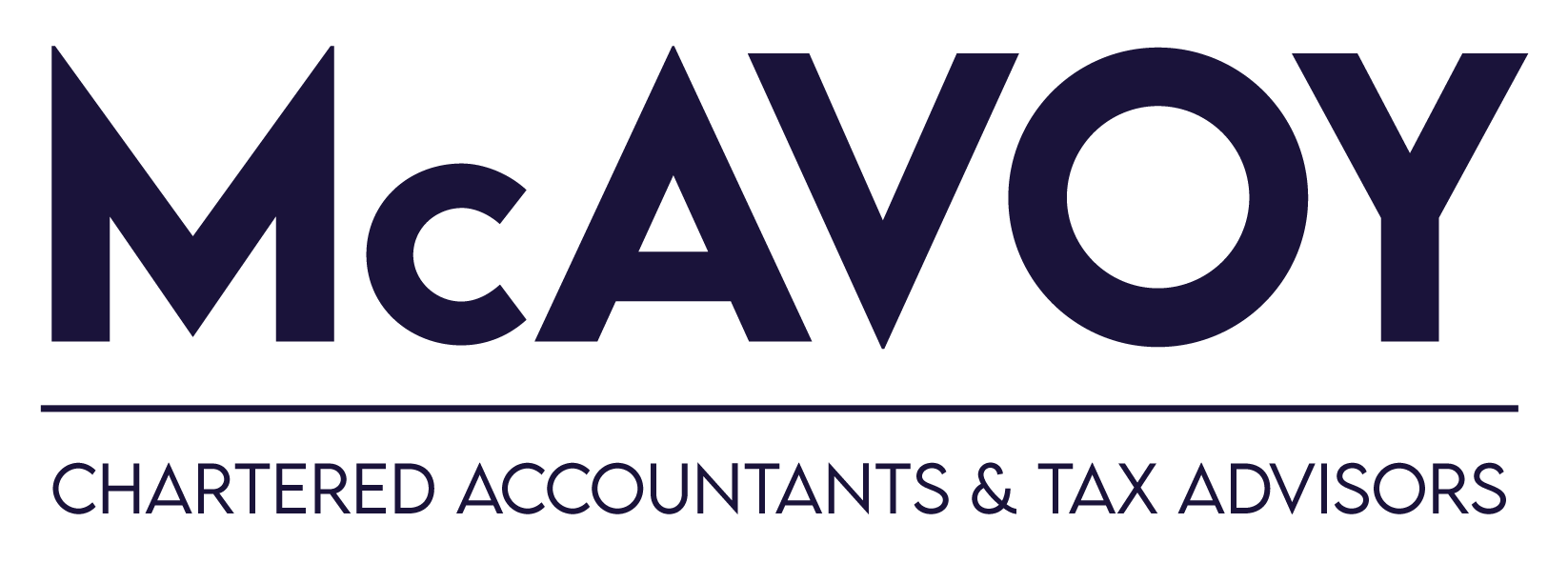During a recent meeting between Revenue and Ireland’s professional accountancy and taxation bodies, Revenue announced that they would undertake a RCT Bulk Rate Review at the end of March.
A Bulk Rate Review occurs when Revenue review the RCT deduction rate of every subcontractor on record. In their review, Revenue take into account any outstanding tax returns or unpaid tax liabilities that the subcontractor may have at that time.
Compliant subcontractors have a RCT deduction rate of 0%. In this case, the principal contractor is not required to deduct any tax when paying the subcontractor who receives payment gross of tax.
However, if the subcontractor’s tax compliance record does not meet certain criteria, Revenue can increase the deduction rate to 20% or even 35%.
Revenue estimate that as many as 8,000 subcontractors could move to a higher deduction rate after the review because many subcontractors are not filing or paying their tax returns on time.
Moving to a higher RCT deduction rate is never good news. Aside from reduced contract payments, which may affect your cashflow, there is the additional stress of having to prepare and submit your outstanding returns as well as the irritating wait period for a response from Revenue on your deduction rate.
To avoid the inconvenience of receiving a RCT deduction rate increase, we have pinpointed three essential questions every subcontractor should ask before March 28th.
1. Have you filed your tax returns?
The main reason that Revenue will move a subcontractor to a higher deduction rate is due to unfiled and unpaid tax returns. This can be outstanding VAT returns, corporation tax returns, income tax returns or payroll tax returns.
In particular, Revenue have identified the non-filing of VAT returns as a major area for concern. In their Bulk Rate Review, Revenue have stated that the non-filing of VAT returns will be one of the principal reasons why subcontractors might be moved to a higher deduction rate.
Revenue regard VAT as a fiduciary tax. In other words, the taxpayer is deemed to collect the tax on Revenue’s behalf. Therefore, Revenue take a very serious view of non-compliance in VAT.
To avoid a deduction rate increase, review any outstanding returns you may have and arrange to file and pay the return before the end of March.
Remember, persistent failure to file returns may not only put you on a higher deduction rate, it could also result in a Revenue audit.
2. Have you filed your statistical returns?
As well as outstanding tax returns, Revenue are focussing on unfiled statistical returns. These include returns such as the VAT Return of Trading Details [RTD].
The VAT RTD is a statistical summary of all the goods and services supplied and acquired by the registered person over a 12-month period.
The VAT RTD should be submitted to Revenue within 23 days of the end of your accounting period.
3. Are you up-to-date on your payments?
In every area of their activity, Revenue’s priority is to recover any unpaid tax or duty. If you have failed to file and pay your tax liabilities by the relevant due date, Revenue may consider this as a factor when reviewing your deduction rate.
In addition, to recovering any tax outstanding, Revenue will always look to charge statutory interest on any late payments of tax.
By planning and managing its tax payments efficiently, a business can avoid cashflow difficulties as well as problems with Revenue. Our article Get a Better Grip on Tax Payments has more information on how to managing this balance effectively.
Many subcontractors in Ireland are still feeling the effects of the 2008 property bust. Our article, A Survival Guide for Sub-Contractors, provides a checklist for subcontractors protect themselves and manage their business to meet the future’s challenges.
If you would like assistance with any of the issues mentioned above, don’t hesitate to contact us.

